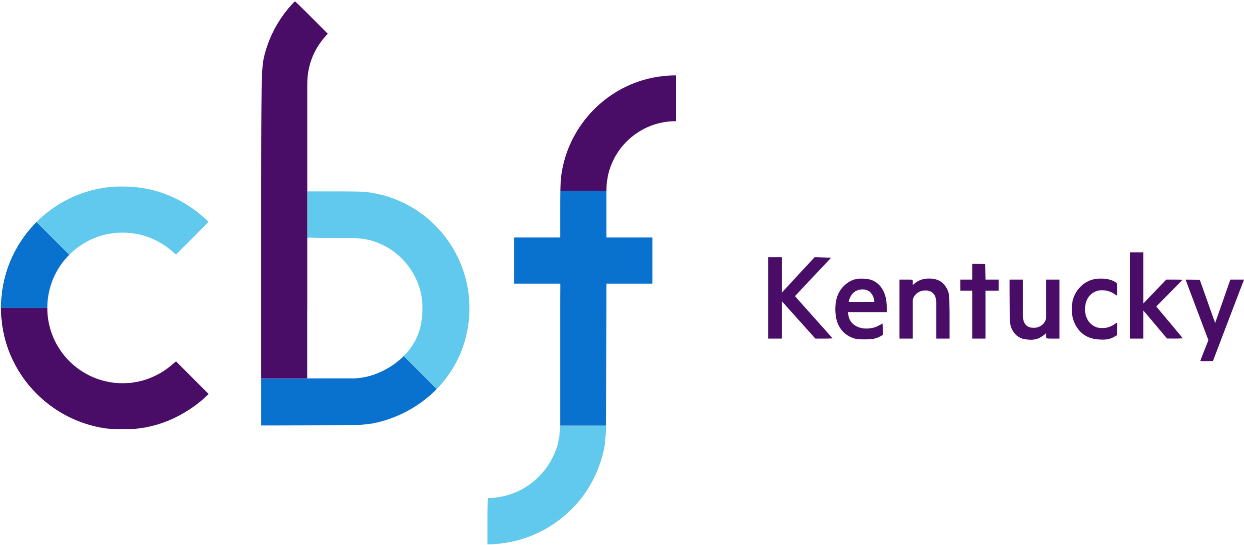Options During an Interim
Options for Churches During an Interim
1. Variety of preachers. Some churches feel it is best to utilize a variety of preachers during the interim. The advantage is that the congregation gets to hear different ministers during the interim period. The disadvantage is that there is no consistent voice that can add to the anxiety of the congregation.
2. Interim Preacher. The person who fills this role is generally called Interim Pastor but mainly fulfills the pulpit responsibilities. The deacons or other ministry staff provides for the pastoral care duties (such as hospital visitation).
3. Traditional Interim Pastor. This is often a part-time role and includes preaching responsibilities as well as some pastoral-care responsibilities. Sometimes a traditional Interim Pastor may have administrative responsibilities such as supervising staff and meeting with the deacons and other committees.
A search committee is often named soon after a pastor resigns and this committee begins work immediately to receive names and select a person, through the leadership of the Holy Spirit, to fill the vacant pastoral role.
4. Intentional Interim Pastor. A church in an interim deals with five "tasks." An Intentional Interim is a pastor who has received training and helps a church look intentionally at these tasks. The five tasks of an interim are:
- Coming to terms with history
- Examining leadership and decision-making concerns
- Looking at denominational and other external relationships
- Clarifying the congregation’s identity
- Committing to new pastoral leadership and to the future
An Intentional Interim often serves as a full-time pastor and is paid accordingly. However, this is not always the case, depending on the size and needs of the church and also the intentional interim minister’s availability.
Components of an Intentional Interim Pastor
1) The Intentional Interim Pastor develops a covenant with the church as to what he will do and what the church will do. The covenant generally states that the Intentional Interim Minister will serve in a preaching/pastoral role and also lead the church in a self-study. The church agrees to engage in this self-study before forming a search committee and also to the compensation.
2) The Intentional Interim Minister sets up a Transition Team and works through the Transition Team to help the church engage in a self-study of the five tasks/components listed above.
3) A search committee is not formed until the self-study is complete. The self-study generally takes about 9 months. This time also allows for healing to take place following the departure of the former pastor. Generally, the actually search following the self-study takes less time than in Traditional Interims because the preliminary work of discovering identity, direction and the kind of pastor a church needs has already been done.
The Center for Congregational Health is one of two certifying agencies for Intentional Interim Ministers. This organization partners with Cooperative Baptist Fellowship in providing training for traditional as well as intentional interim ministers. For more information see healthychurch.org
